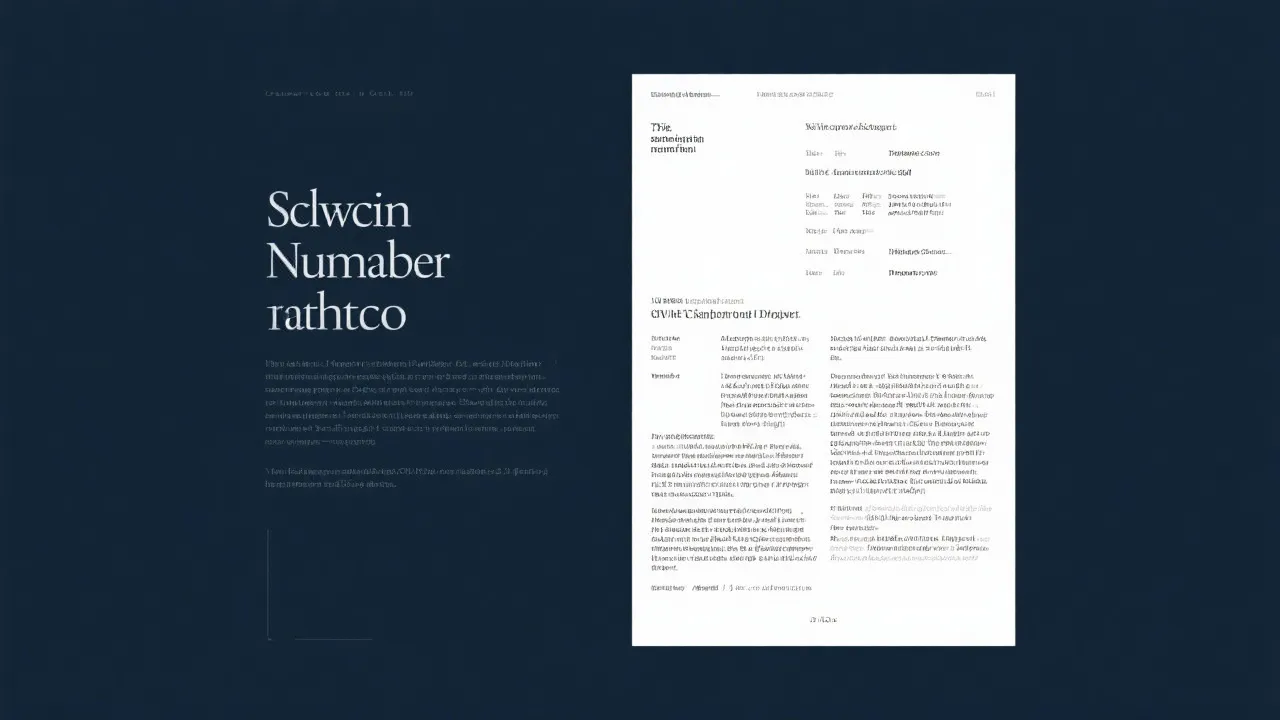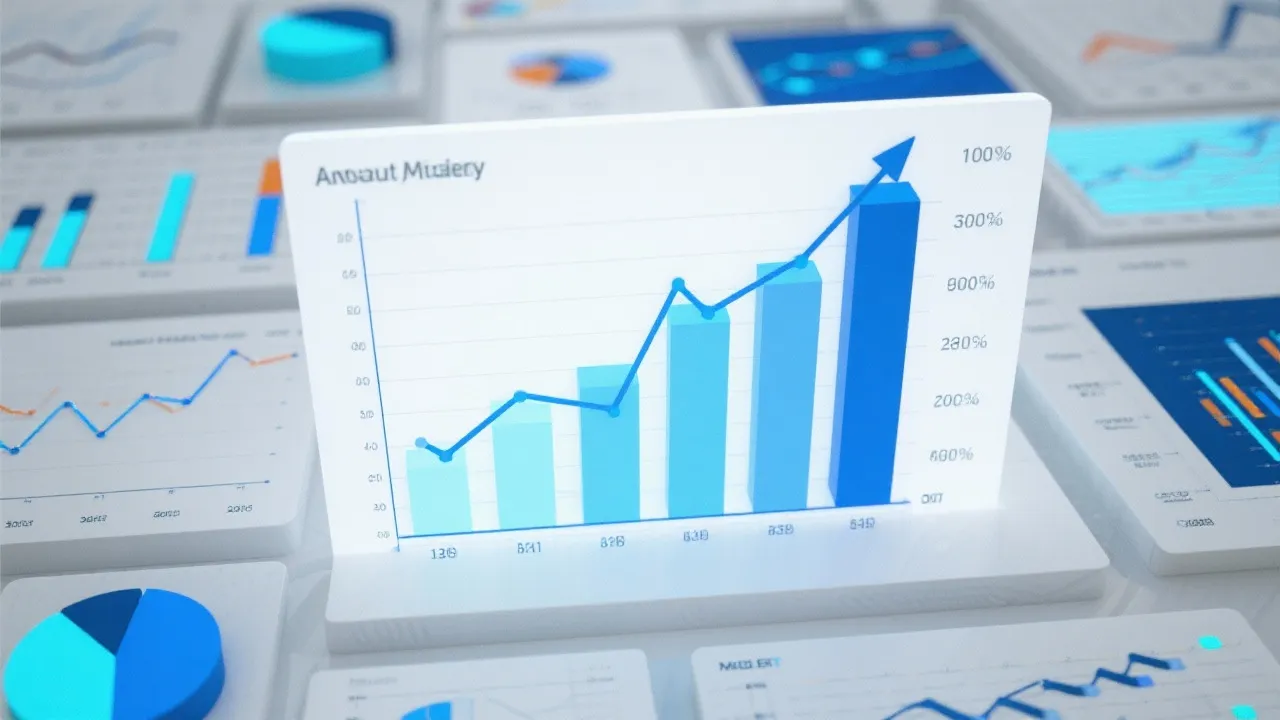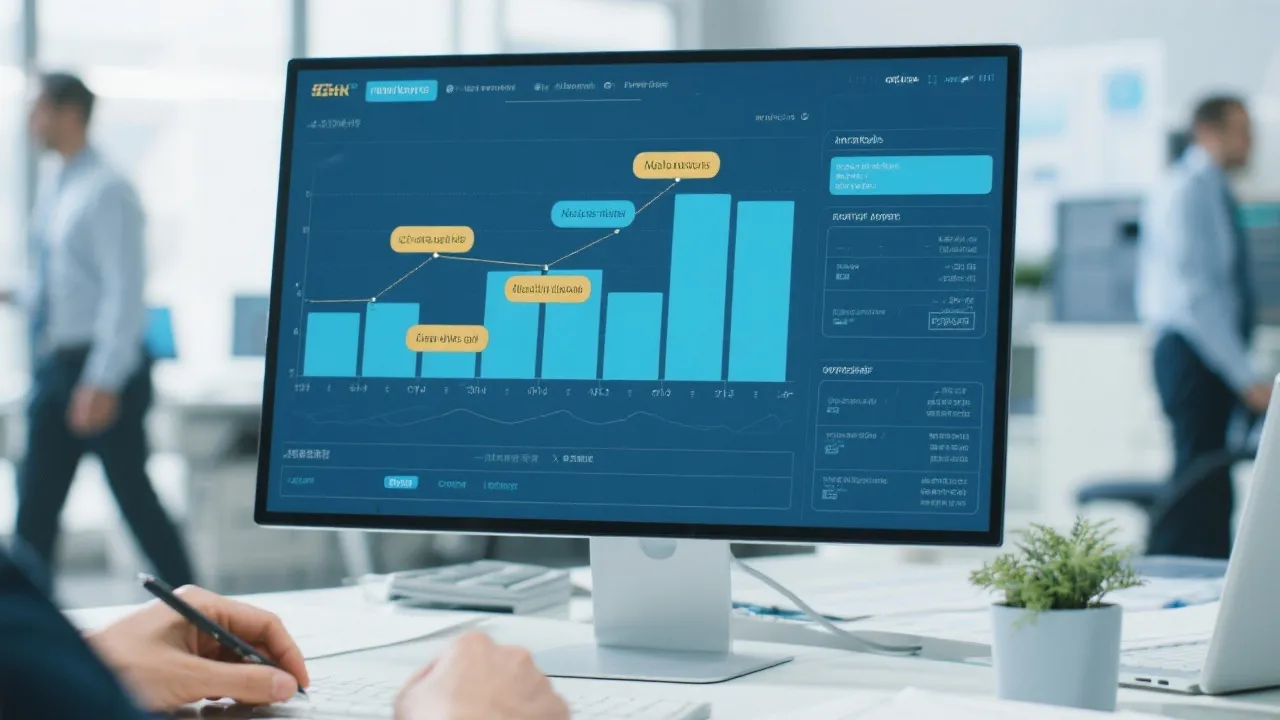This article delves into the significance and potential interpretations of the number 8200209792, examining its real-world applications and the contexts in which it may arise. We will explore its utilitarian value across different industries and seek to understand its relevance from both a numerical and a thematic standpoint, ensuring a rounded comprehension of its presence in various datasets and scenarios.

The numeral 8200209792 might initially appear as just another sequence of digits. However, numbers like these often play crucial roles in various contexts, from cryptographic keys to statistical identifiers. In exploring the significance of this number, it is essential to consider the broader framework of its usage, potential meanings, and implications across different sectors.
From an objective perspective, numbers such as 8200209792 can serve a multitude of purposes. In the digital world, lengthy sequences may be used as part of algorithmic codes, ensuring data security and encryption. In business, such numerals may act as identifiers or catalog numbers, defining products, accounts, or transactions. The structure and length of the number hint at its use in systems where precision and uniqueness are paramount.
In addition, understanding the composition of such numbers can provide insights into their uses. For instance, digits may represent specific categories or parameters in a systematic way; for example, certain segments of the sequence could encode specific information regarding manufacturing processes, geographical locations, or financial accounts. This layered structure makes such numbers highly versatile and applicable in specialized fields.
In the technology sector, numbers like 8200209792 might function within encryption protocols, safeguarding communications and sensitive information against unauthorized access. The development of cryptography has elevated numerical identifiers to an essential component of cybersecurity frameworks, creating secure channels for communication in an increasingly interconnected world.
Meanwhile, in logistics, such a number could operate as a tracking identifier, imparting a unique traceable identity to packages or shipments. This application of numerical identifiers is critical for maintaining supply chain integrity, ensuring accountability, and providing real-time updates to consumers regarding their shipments. The ability to track movements via a numerical system contributes significantly to inventory management and operational efficiency.
Beyond technical applications, long numeric sequences are often embedded in statistical analyses. For example, consider demographic or econometric modeling, where such numbers might represent data points across massive datasets, enabling detailed scrutiny and hypothesis testing. In this realm, a number like 8200209792 could correlate with specific variables such as population size, economic indicators, or survey responses, providing valuable insights into trends and behaviors.
| Industry | Use Case | Significance |
|---|---|---|
| Technology | Encryption Keys | Vital for data security protocols ensuring message confidentiality and integrity. |
| Logistics | Tracking Codes | Essential for real-time tracking and efficient supply chain management. |
| Statistics | Data Points | Enables detailed analysis helping in informed decision-making processes. |
| Finance | Transaction Identifiers | Facilitates the validation and processing of financial transactions, ensuring accuracy and security. |
| Healthcare | Patient ID Numbers | Crucial for maintaining confidential patient records, tracking treatments, and ensuring continuity of care. |
Being familiar with such numbers and their contexts is crucial for decision-makers in industries relying heavily on technology and data analytics. A robust understanding of these numbers allows for informed strategy developments, effective risk assessments, and optimization of operational procedures. By utilizing numerical identifications effectively, organizations can streamline processes, minimizing errors and improving service delivery.
For example, in the business sector, the ability to uniquely identify products with a number can drastically reduce discrepancies in inventory management. Companies can implement sophisticated inventory control systems that rely on these unique identifiers to track stock levels, predict demand, and streamline ordering processes, granting them a competitive edge in the market.
As industries continue to embrace digital transformation, the relevance of numbers like 8200209792 will grow. Exploring automatized systems where such numbers streamline processes will likely become commonplace. We can expect developments in fields such as artificial intelligence, where machine learning algorithms analyze vast datasets, utilize numeric codes to gain insights, and innovate solutions based on these analyses. The reliance on numbers for such applications underscores their importance in our increasingly data-driven world.
Moreover, as the Internet of Things (IoT) expands, the application of numerical identifiers will also evolve. Devices interconnected through IoT will require robust numerical systems to communicate effectively and manage a wealth of data. Each device may be assigned a unique numerical sequence to ensure proper identification and functionality within the network. The complexity of these connections will demand innovative approaches to data management and security.
As businesses and organizations implement more complex systems involving numerical identifiers like 8200209792, several considerations must be observed. One of the predominant concerns is data security. The risk of data breaches and cyberattacks necessitates the adoption of robust security protocols. Organizations must implement multi-factor authentication, cryptographic measures, and regular audits of their systems to safeguard sensitive information represented by numeric sequences.
Additionally, in the design of systems that utilize such numbers, organizations should prioritize user-friendly interfaces. End-users are often the first line of defense against security breaches; therefore, robust training and easy access to information about how these identifiers work within a system can promote best practices in data handling.
In conclusion, numerical sequences like 8200209792 are far more than mere combinations of digits. They serve essential functions across a range of industries, acting as identifiers, security keys, and data points critical to decision-making processes. As digital transformations and technological advancements continue to shape our world, the significance of such numbers will only increase. This emphasizes the necessity for organizations across sectors to adopt best practices in managing these identifiers while ensuring security and data integrity. The future promises exciting possibilities for further integration and innovative uses for numerical sequences, heralding a new era of efficiency and connectivity in both business and technology.
Navigating Online Bank Accounts

Understanding AC 380 Systems

Discovering the Tiguan's Versatility

Integrating Usaepay with WooCommerce

Understanding BA 270 Concepts

Understanding AMQ 6209 in Detail

Understanding Hydac RF Filtration Systems

Understanding the BA 270 Course

Navigating the Realm of Business Communication
